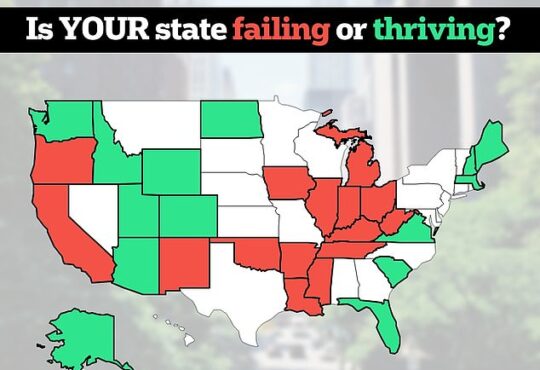
We know how important it is to meet the challenges of industrial innovation head-on. That’s why we’re building on our existing expertise to bring together the best minds from across the sector and beyond. We now have more than 3,500 people working on the Tempest programme, supported by around 600 other organisations, including many small- and medium-sized enterprises, and leading UK universities.
And we’re working with Italy and Japan under the Global Combat Air Programme (GCAP) to design and develop this next generation aircraft. Tempest demands the creation of novel cutting-edge technologies and capabilities to maintain air superiority and address threats in future combat environments.
Pooling our expertise and sharing development costs will enable the UK and our allies to stay ahead of future threats, while delivering significant economic benefits right here at home.
The GCAP programme is estimated to contribute £37bn to the UK economy through to 2070, 85pc of which will be felt outside of London and the South East. It will also enable significant export potential of home-grown, world-leading defence technology, delivering a further boost to the UK economy.
The need to retain control over our own security is clear, as is the long-term economic benefit. Staying committed to the UK’s combat air sector is essential to ensure that the Government and our armed forces can keep our nation safe and protect the freedom we should never take for granted.
Charles Woodburn is chief executive of BAE Systems. Clive Higgins is chairman and chief executive of Leonardo UK. Chris Allam is managing director of MBDA UK.






